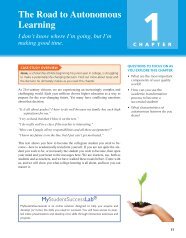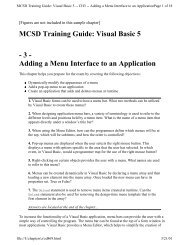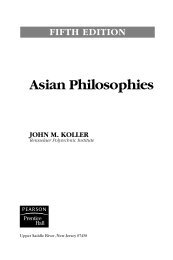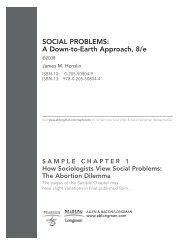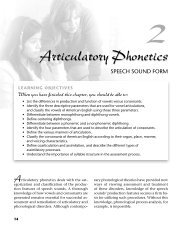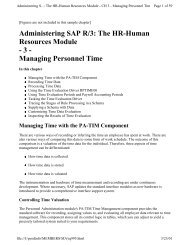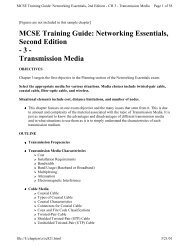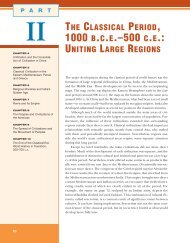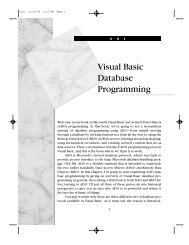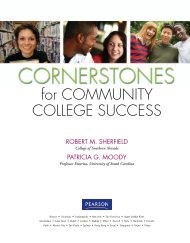CULTURE, language, AND COGNITION
CULTURE, language, AND COGNITION
CULTURE, language, AND COGNITION
Create successful ePaper yourself
Turn your PDF publications into a flip-book with our unique Google optimized e-Paper software.
GA305c05.qxd 4/30/2004 11:26 AM Page 108<br />
108 culture, Language, and cognition<br />
Family playtimes can be fun and rewarding for everyone involved. (Photo<br />
courtesy of the authors.)<br />
study. Still, not all of these mothers communicated the same kind of information<br />
to their children. For example, American mothers asked lots of questions,<br />
reflecting, in part, the view within American society that children are<br />
active participants in the learning process and often (as we saw in our earlier<br />
theoretical discussion) construct their own knowledge. In contrast, French<br />
mothers provided their infants and children with less stimulation but greater<br />
emotional support. Finally, Argentinean mothers appeared to be the most direct<br />
in their interactions with their children, which is indicative of a more authoritarian<br />
approach to dealing with children (Bornstein et al., 1992).<br />
Early Second-Language Acquisition<br />
and Bilingualism<br />
Contact between individuals who do not share the same <strong>language</strong> has become<br />
commonplace in today’s world. Immigrants may share neighborhoods<br />
with natives, international business people may spend months abroad,<br />
refugees may seek an escape from war in their own countries. The need to<br />
communicate in a new ecological system often makes it necessary to acquire<br />
a second <strong>language</strong>—to become bilingual. We raise this discussion on bilingualism<br />
in this chapter because it illustrates the dynamics of the <strong>language</strong>–<br />
cognition–culture link within a developmental framework. Questions such as<br />
“Do children learn a second <strong>language</strong> faster or better than adults?” or “Does<br />
the age at which a person learns the <strong>language</strong> affect how the <strong>language</strong> is<br />
learned?” have been at the center of bilingualism research for many years.



